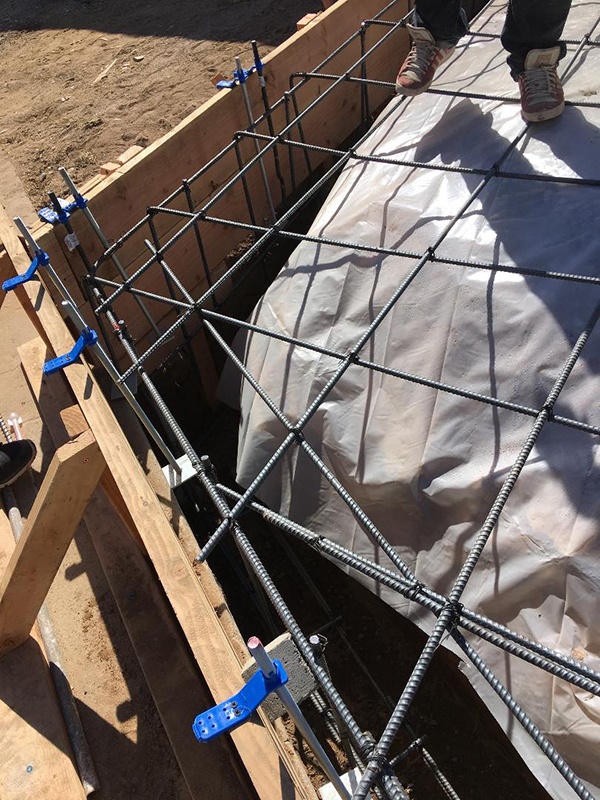When it comes to construction projects, few endeavors are as challenging and rewarding as building from the ground up. Unlike renovations or expansions, ground up construction involves starting with a blank slate—a piece of land waiting to be transformed into something new and significant. This process, also known as ground up development, requires meticulous planning, expert execution, and a keen understanding of every phase from inception to completion.
Understanding Ground-Up Construction
Ground up construction refers to the process of erecting a building or structure from scratch, starting with clearing and preparing the site and ending with the finished product. This type of development is favored for its ability to tailor every aspect of the project to specific needs and goals. Whether it’s a commercial complex, residential building, or industrial facility, ground up projects demand careful planning and execution to ensure success.
The Importance of Experienced Teams
At the heart of every successful ground-up construction project lies the expertise of the construction team. Companies like Snow Construction specialize in guiding clients through every stage of development, from initial concept to final occupancy. Their experienced teams play a crucial role in creating accurate estimations, detailed blueprints, and comprehensive project timelines. This level of preparation not only ensures that the project stays on track but also minimizes unforeseen delays and costs.
Key Considerations in Ground-Up Development
Detailed Planning and Estimation
One of the primary challenges in ground-up development is accurate planning and estimation. Unlike remodeling existing structures, where some elements are already in place, ground up projects require meticulous calculations and assessments. From soil analysis to environmental impact studies, every detail must be considered to avoid setbacks during construction.
Budgeting and Cost Management
Staying on budget is a critical aspect of any construction project, but it’s particularly crucial in ground up development. The initial planning phase sets the foundation for financial feasibility, outlining costs for materials, labor, permits, and unforeseen expenses. Experienced developers excel in budgeting by anticipating potential challenges and adjusting plans accordingly without compromising quality or safety.
Regulatory Compliance and Permits
Navigating regulatory requirements and obtaining necessary permits are integral to ground up construction. Building codes, zoning laws, environmental regulations—all play a role in shaping the project’s design and timeline. A knowledgeable construction team ensures compliance from the outset, streamlining the approval process and avoiding costly delays.
The Phases of Ground Up Construction
Ground up construction typically progresses through several key phases:
- Pre-construction: Site assessment, feasibility studies, and initial planning.
- Construction: Clearing the site, laying foundations, erecting structures, and installing utilities.
- Post-construction: Interior finishing, landscaping, and final inspections.
Each phase demands careful coordination and collaboration among architects, engineers, contractors, and project managers to maintain momentum and quality throughout.
Challenges and Rewards
While ground up development presents unique challenges, such as logistical complexities and timeline management, the rewards are equally substantial. The ability to customize every aspect of a building to meet specific needs and market demands offers unparalleled opportunities for innovation and sustainability.
Conclusion
In conclusion, building from the ground up is a testament to the vision, expertise, and dedication of construction professionals like those at Snow Construction. It represents not just a physical transformation of land but a commitment to excellence in design, efficiency in execution, and sustainability in development. Whether it’s a towering skyscraper or a neighborhood of homes, ground up construction shapes communities and leaves a lasting impact on landscapes.




